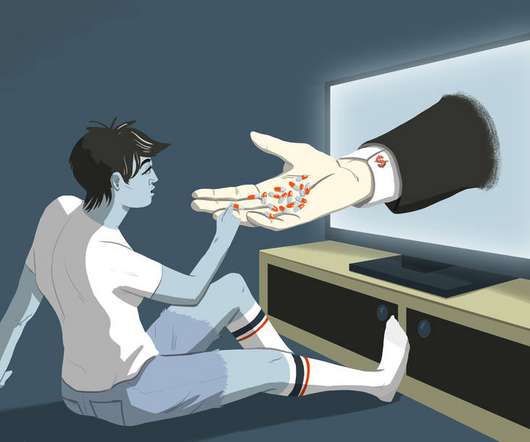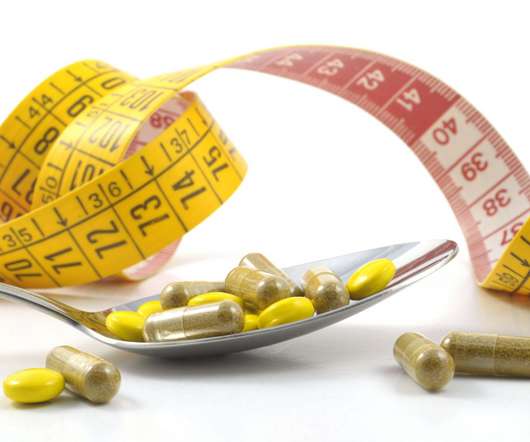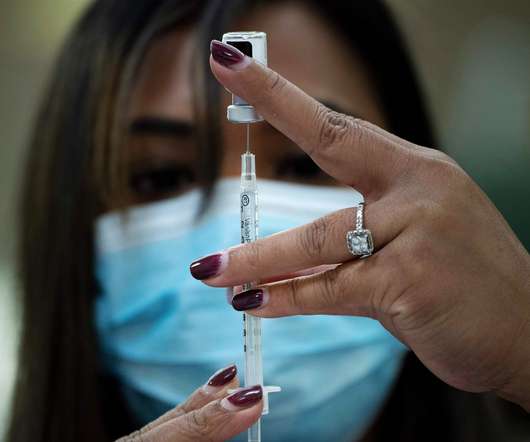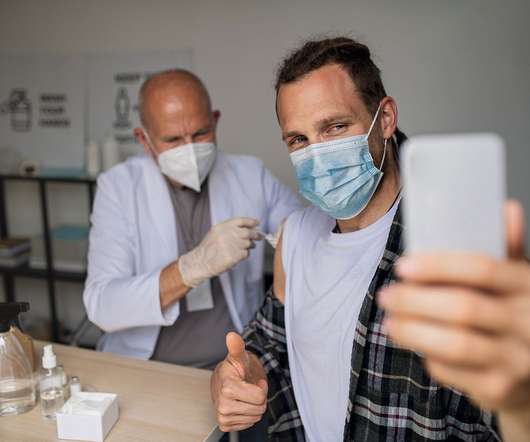The debate on DTC marketing is going to heat up again
World of DTC Marketing
JULY 21, 2021
SUMMARY: DTC marketing is not the reason why prescription drugs cost so much. Here are some myths around DTC marketing: 1ne: DTC ads result in patients asking for prescriptions they don’t need. 2wo: DTC marketing is one of the reasons prescription drugs cost so much. DTC ads raise awareness around health conditions.












Let's personalize your content